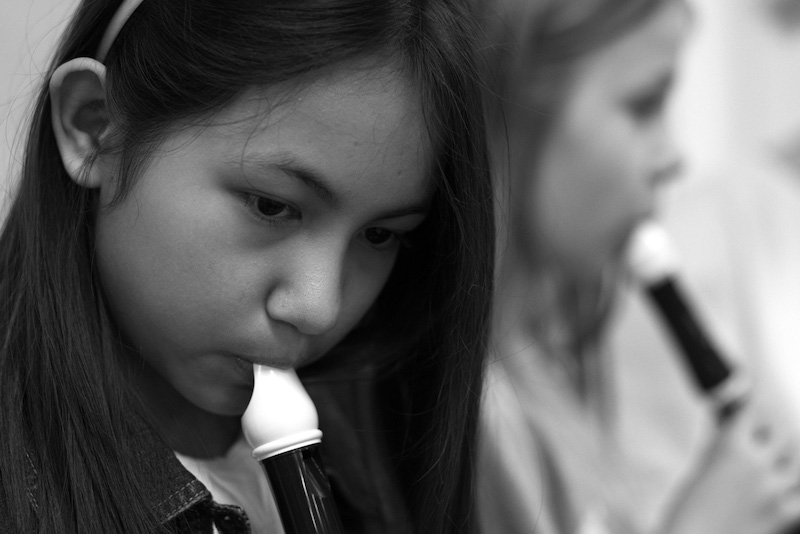Why the arts offer more than you might think
Posted on 21st May 2021 in School News, Which London School?, Performing Arts, Music

David Woodward, Head of Performing Arts at Dallington School in London, believes teachers can boost enthusiasm and engagement with an arts-focused approach.
Music, and the Performing Arts, play such a vital role in the development of a well-rounded child. The very pulse and vitality of life keep us as human beings growing and moving and seeking. But for some children, music is not just an extra-curricular activity, it is an outlet for inspiration and creativity, which forms the basis for physical and emotional development. Any visitor to a primary school will tell you that it’s not long division, equivalent fractions or fronted adverbials they are drawn to (though these skills are no less important) but the energy and pulse of singing and dancing echoing down the corridor, almost beckoning you to join in – music is infectious and totally inclusive.
For me growing up and not being the greatest mathematician in my class, I was drawn to music and the joy of coming together on a weekly and/or daily basis to sing and play. It was the establishment of a carefully designed curriculum, interlaced with music that guided me on my quest for a lifetime of music-making. In the playground, we sang repetitive rhymes with a clear beat while hopscotching our way up and down the asphalt. We learnt the pulse of the skipping rope and when to jump in, and you aligned your inner pulse with the timing of the rope – if you weren’t too careful, you’d be hit by that rope. It only takes spending 30 seconds inside a Nursery classroom to understand the integral role that the elements of music play in so many facets of the learning journey. The development of sound and phonics training, listening and critiquing, and the development of memory and motor skills can all be enhanced by a curriculum that is woven through the Performing Arts. As an educator, on a daily basis I see the development of physical coordination (jumping, running, dancing, stepping and even walking) and listening through the use of the elements of music.
The development of a child through the arts can contribute immensely to their mental wellbeing (especially in a time where children are under such pressure to achieve results in examinations – music is such a great brain break for them). As individuals, we all have our own strengths, weaknesses and interests. But all children, no matter what background, love to sing. As an opera singer and now educator, the energy you receive standing in front of an audience or auditorium of children can be such a rush. Row after row of children singing their hearts out, beaming with energy and smiles. The incorporation of extra-curricular activities, be it whole school singing or orchestra practice or flute lessons, will bring joy to all children and might just give that one budding student the opportunity of a lifetime. I’ve seen children grow in confidence in such a short amount of time through engaging in music ensembles where they can bond with other like-minded children.
Having taught across a wide range of schools and sectors in Australia and the UK, I’ve found the most happiness in a setting where children are in charge of their own learning and are free to enjoy all subjects because they have been carefully designed by teachers who really know their children. I am very fortunate to now work in a school where the Performing Arts are now a vital ingredient for the development of the whole child. All subjects are interlaced with music and the greatest cross-curricular links are being implemented. In my capacity as Head of Performing Arts, I am constantly seeking ways to enhance the learning of all children, and discussing ways of differentiation to meet the needs of all students. It was only the other day that I wrote a Long Division jingle for a class to help them remember the order of doing things – and this worked such a treat!
So I put it to you, the next time you teach, how can you use music to increase enthusiasm and engagement in your class! Try it and see what happens!
This article first appeared in the 2021/22 edition of Which London School? & the South-East, which you can read below: